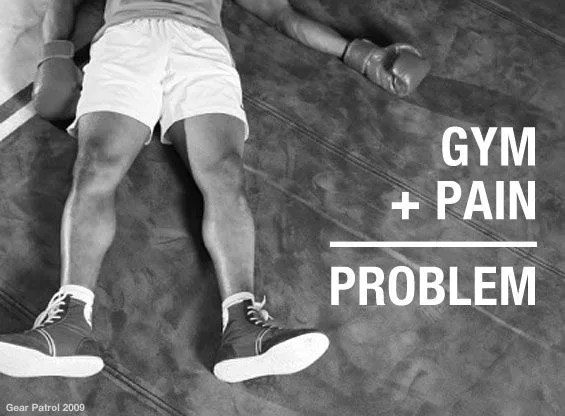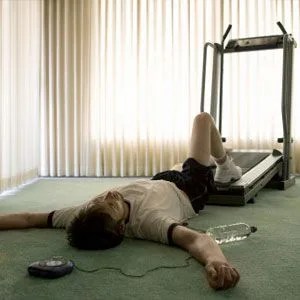
Incorporating a fitness routine into your weekly schedule is never a bad thing. In fact, it might be the best thing you do for yourself, period. That being said, there are some pitfalls to avoid lest your workouts actually cause you harm. This is by no means an exhaustive list, however, its often the simplest things that do you the most harm.
Running Isn’t For Everyone. That’s Okay.

I’m not going to say that running is bad for you, but just the same, I don’t do it anymore. And before you jump all over me, yes, I’ve read the articles that claim the best way to prevent arthritis and improve flexibility is through joint compression. But just hear me out. Running is an unnecessary assault on your joints and muscles (some 1,600 impacts per mile run). Ouch. Further, the benefits from running can easily be achieved though less impactful cardio.
Look, if you’re a runner and you love it and you’ve never had any problems… bravo. By all means, keep it up. If on the other hand, you experience joint pain that impedes your daily life, then stop it, no matter how much glucosamine/chondroitin you take. Some of us simply aren’t built for distance running, myself included. I knew it was time to give up running when it started interfering with my weight training. Now I stick with lower impact cardio and I’ve never felt better (read: no cement legs).
If this hasn’t compelled you to curtail your running efforts, then answer this question for me. Would you rather look like Ben Bowers a marathon runner, scrawny and frail – or a sprinter, muscular and toned? I’ll let you be the judge.
Don’t Take It Too Easy

I’m not even sure where to begin with this one. If you read the paper, gab with a friend, or god help you, talk on your cell phone while working out, you’re not working hard enough. And honestly, I might just have to slap you. I’ve long been an advocate for high intensity interval training. Work out with a purpose. If you jump on the elliptical and crank out 45-60 minutes of consistent cardio, you’re not necessarily doing yourself any favors. As a result, your body isn’t burning through its glycogen reserves, and all you’re doing is unnecessarily breaking down muscle tissue. Remember our marathon treadmiller from above? Think sprinters do a lot of long distance running? Nope. Deplete your glycogen levels and the food you eat post workout will go to replenishing that reserve and not to your love handles. This forces your body to break down said love handles for energy. Explosive, high intensity workouts (cardio or resistance) will yield better results, faster.



